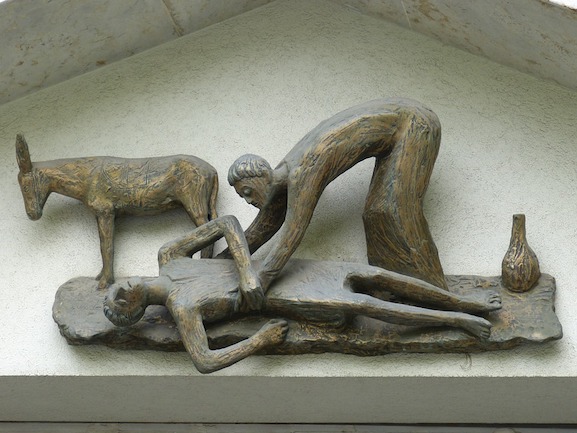Whatever happened to forgiveness? by Peter Crumpler for Christian Today
Western society struggles with forgiveness. Whether it’s Black Lives Matter, the #Metoo movement or other victims of discrimination and abuse, it’s deeply controversial when people suggest that the perpetrator might merit any kind of forgiveness.
Quite rightly, many would say. It’s the victims that need our compassion and concern. Those committing the offences deserve nothing less than judgement and punishment.
But where does Jesus’s command to “forgive other people when they sin against you” (Matthew 6:14) and Christ’s teaching around forgiving others as a sign of our faithful discipleship, come into this?
Where does the Lord’s Prayer, when we pray “forgive us our sins as we forgive those who sin against us,” fit into this landscape?
Is Christ’s teaching on forgiveness really suited for our 21st century world and its widespread ‘blame culture’?
These are just some of the topical, urgent questions confronted by American pastor and author Timothy Keller in his latest book, ‘Forgive’ published this month. Subtitled ‘Why should I and how can I?’, Keller sets out to explain how Jesus showed his followers how to live with a spirit of forgiveness and how that could apply in today’s world.
A key element of Keller’s argument is that forgiveness does not rule out justice. Christians serve a God who hates injustice and numerous Bible verses speak out strongly against oppression.
Keller writes “Christian forgiveness is never simply individualistic – concerned only with inner healing of the heart. It is at least that, but it is much more. God’s concern is for the outer and social healing of the community as well.”
He emphasises that “Christian forgiveness never undermines the pursuit of justice but promotes it. Because injustice grieves the God we love, it mars the creation we love, it harms people we love, and it even harms the wrongdoer, whom we should love and not hate.”
What is seeking justice, Keller asks? He responds, “It is to speak the truth in love and to not shield people from the consequences of their actions,” and adds, “To be morally outraged out of love for God, his creation, people and even the offender is rare – but required.”




